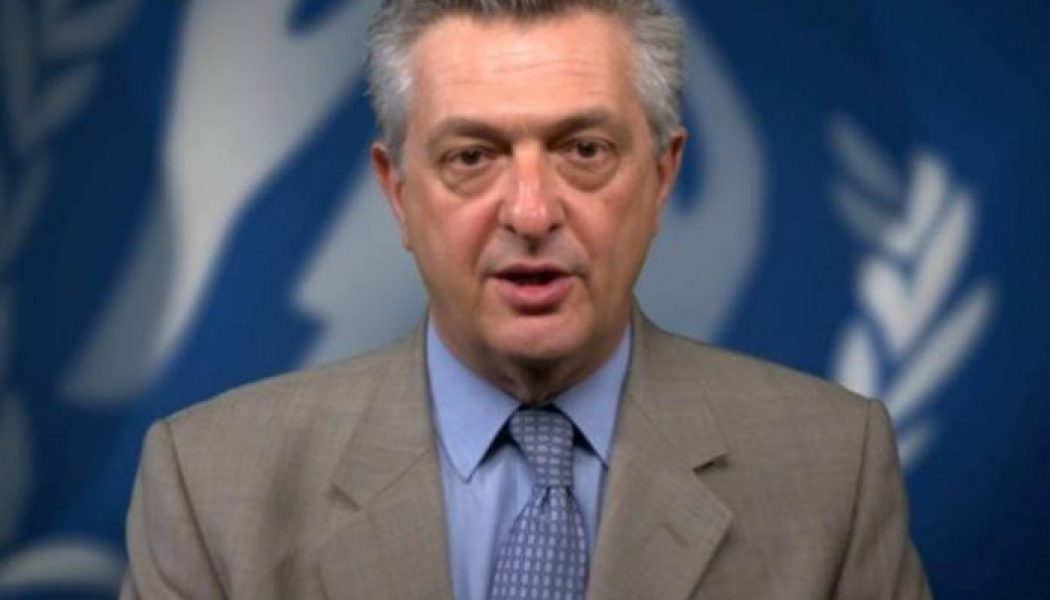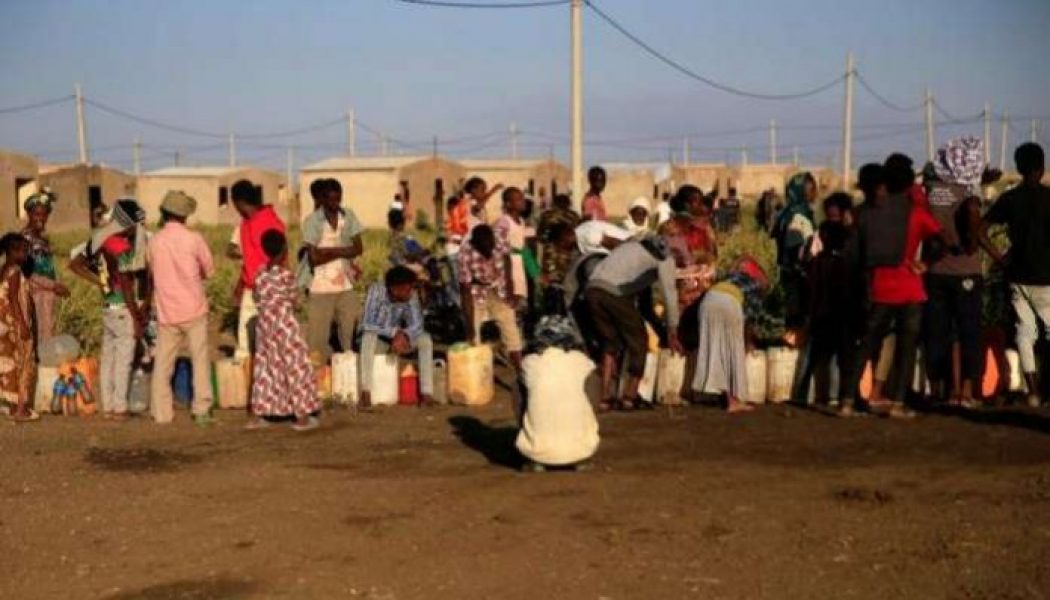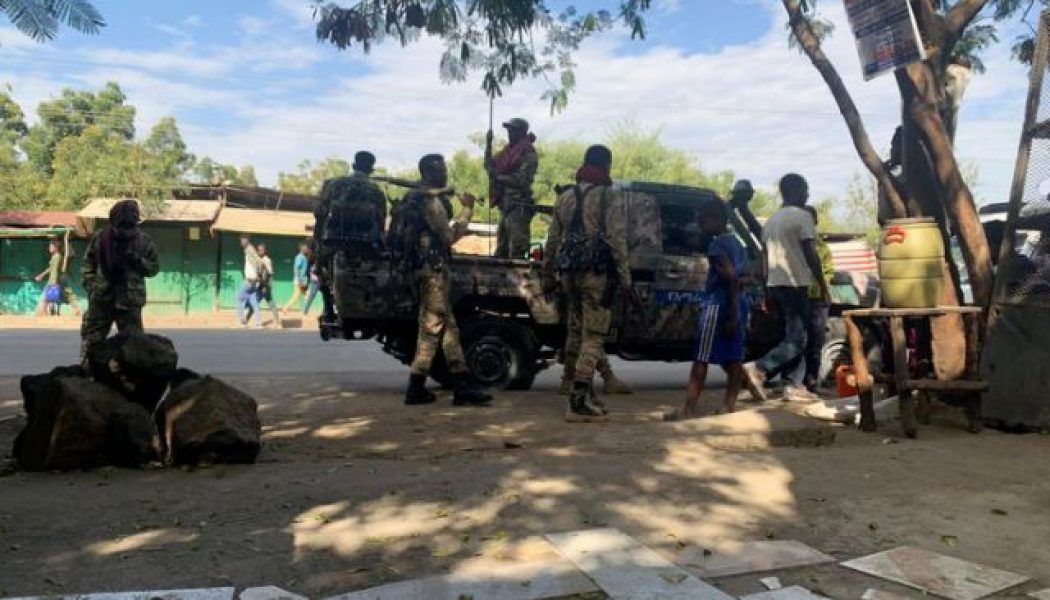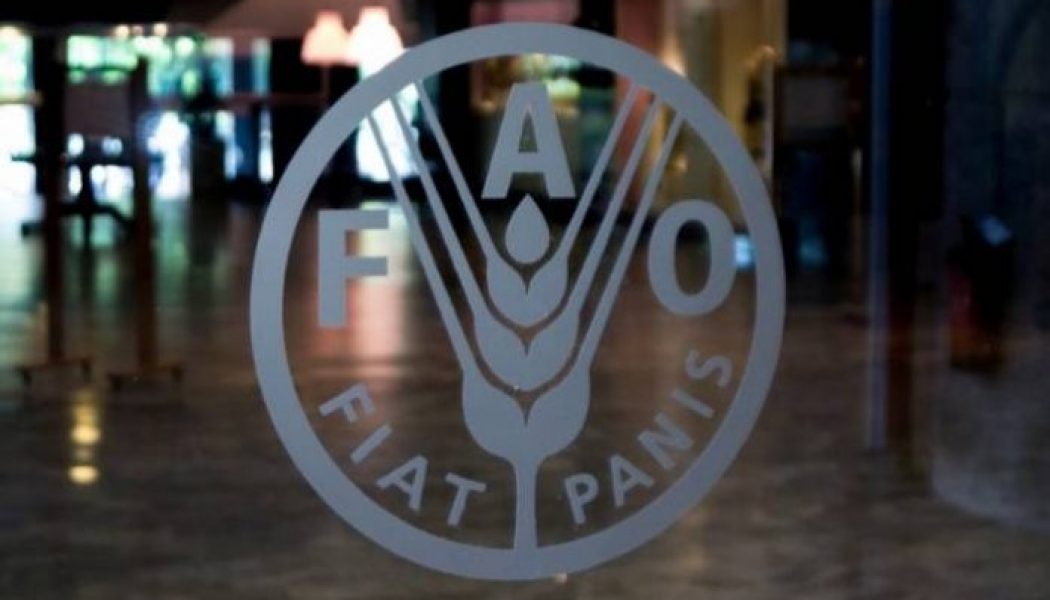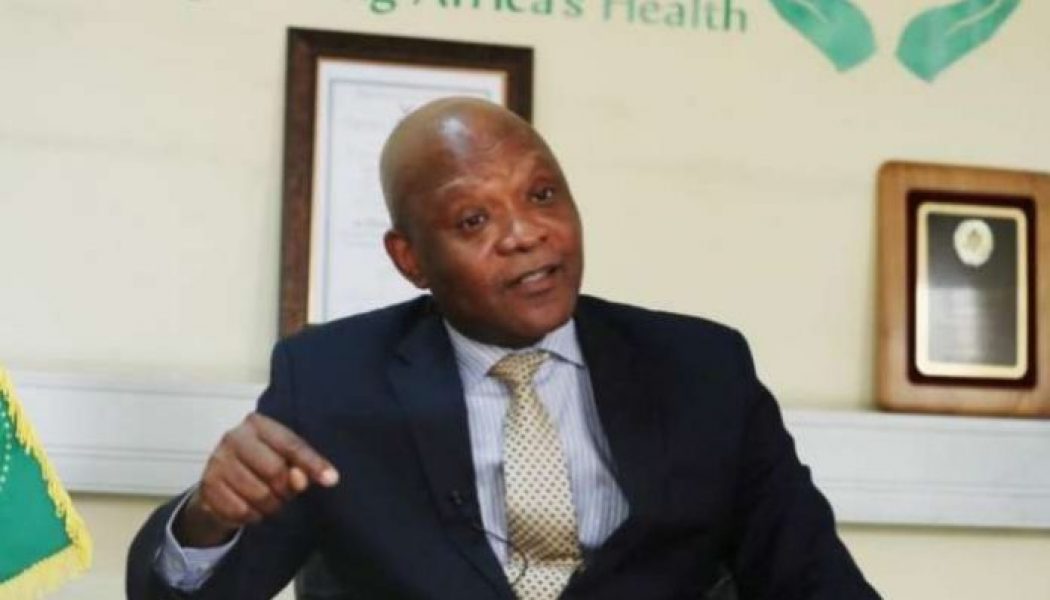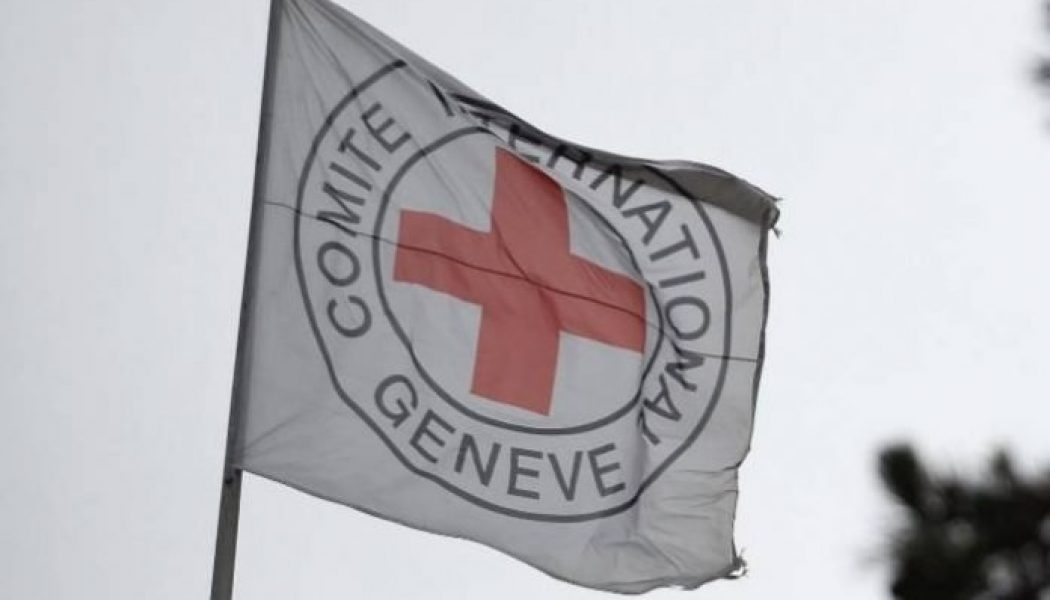Ethiopia
UNHCR sends emergency aid to Sudan, more expected
The United Nations said Friday it had flown 32 tons of emergency aid to Khartoum, Sudan to quickly assist the thousands of refugees fleeing fighting and violence in Ethiopia. The UN refugee agency, UNHCR said a second shipment is expected to arrive by plane from Dubai on Monday. More than 43,300 refugees have crossed the border to Sudan so far. The number of refugees could reach 200,000 in the next six months according to humanitarian agencies. Visiting Khartoum to oversee operations, UNHCR boss Filipo Grandi expressed his solidarity and gratitude to Sudan for opening its borders to refugees. According to a UNHCR spokesman in Geneva half of them are children. Friday’s flight brought 5,000 blankets, 4,500 solar lamps, 2,900 mosquito nets, 200 tarpaulins and 200 rolls of plastic. Monday’s fl...
Ethiopia: From historic peace to the brink of war
As Ethiopia’s Prime Minister Abiy Ahmed replaces his army chief on Sunday amid an escalating conflict in the northern Tigray region, here are the key developments since Abiy came to power in 2018: First leader from biggest ethnic group In February 2018, prime minister Hailemariam Desalegn resigns after several years of anti-government protests. In April, Abiy is sworn in as premier, becoming the first leader from the Oromo ethnic group, Ethiopia’s largest. Ethnic divisions Oromos and the country’s second-biggest group, the Amharas, had fuelled the protest movement over perceived marginalisation at the hands of the ruling coalition, dominated by the Tigrayan group. But with the authoritarian coalition now dissolved, ethnic violence has emerged as a persistent problem under Abiy, regularly r...
FAO: Nigeria, Burkina Faso, others risk famine
A new report by two United Nations agencies warned Friday of a heightened risk of famine in three conflict-torn African states and Yemen, and a high hunger risk in 16 more. The Food and Agriculture Organisation and World Food Programme warned that a “toxic combination of conflict, economic decline, climate extremes and the Covid-19 pandemic … is driving people further into the emergency phase of food insecurity”. The agencies swung the spotlight on Burkina Faso, Nigeria, South Sudan and Yemen, all facing rising levels of acute hunger with potential risk of famine. Issuing “a stark warning” in their Early Warning Analysis of Acute Food Insecurity Hotspots, the agencies said the four countries have areas that could soon slip into famine. Some parts of the population “are already experiencing...
Africa CDC warns of possible second wave of virus infection
The Africa Centres for Disease Control and Prevention (Africa CDC) on Friday urged the African continent to brace itself for possible second wave COVID-19 infections. According to Africa CDC, the number of confirmed cases in the African continent has reached 1,759,794. The continental disease control and prevention agency said in a statement that the death toll related to the pandemic stood at 42,336 as of Friday afternoon. A total of 1,438,841 people infected with COVID-19 have recovered across the continent so far, the Africa CDC said. The most COVID-19 affected African countries in terms of the number of positive cases include South Africa, Morocco, Egypt, Ethiopia and Nigeria. The Southern Africa region is the most COVID-19 affected region both in terms of the number of confirmed posit...
What East Africa could Teach the Continent about Economic Growth
The 21st century is widely touted as the ‘African Century’, a period promising unprecedented economic and technological growth for the continent. Africa’s future looks bright. The continent features five of the ten fastest-growing economies in the world. Its population is the most youthful, with 60% of all African citizens under the age of 25. And the world’s largest free trade area in terms of participating countries, the African Continental Free Trade Area, is now active and expected to boost intra-African trade by as much as 52% by 2022. With Africa’s fortunes continuing to improve, one region stands out as a possible example to the rest of the continent. As the world starts its slow recovery from a year of constant disruption and immense challenges, a closer look at the continued econo...
44,000 people missing in Nigeria, Ethiopia, other parts of Africa
Getty Images The International Committee of the Red Cross (ICRC) has revealed that about 44,000 people are registered as missing across the African continent, with nearly half of them being children. Nigeria, Ethiopia, South Sudan, Somalia, Libya, the Democratic Republic of the Congo (DRC), and Cameroon make up 82 percent of ICRC’s missing caseload in Africa, the ICRC disclosed in a statement issued on Wednesday. “As August 30 marks the International Day of the Disappeared, nearly 44,000 people across Africa are registered as missing with the ICRC at a time when restrictions put in place to curb Covid-19 create new challenges in searching for missing people,” the statement read. According to the ICRC, about 45 percent of the cases were children. “This caseload is a drop in the ocean to the...
